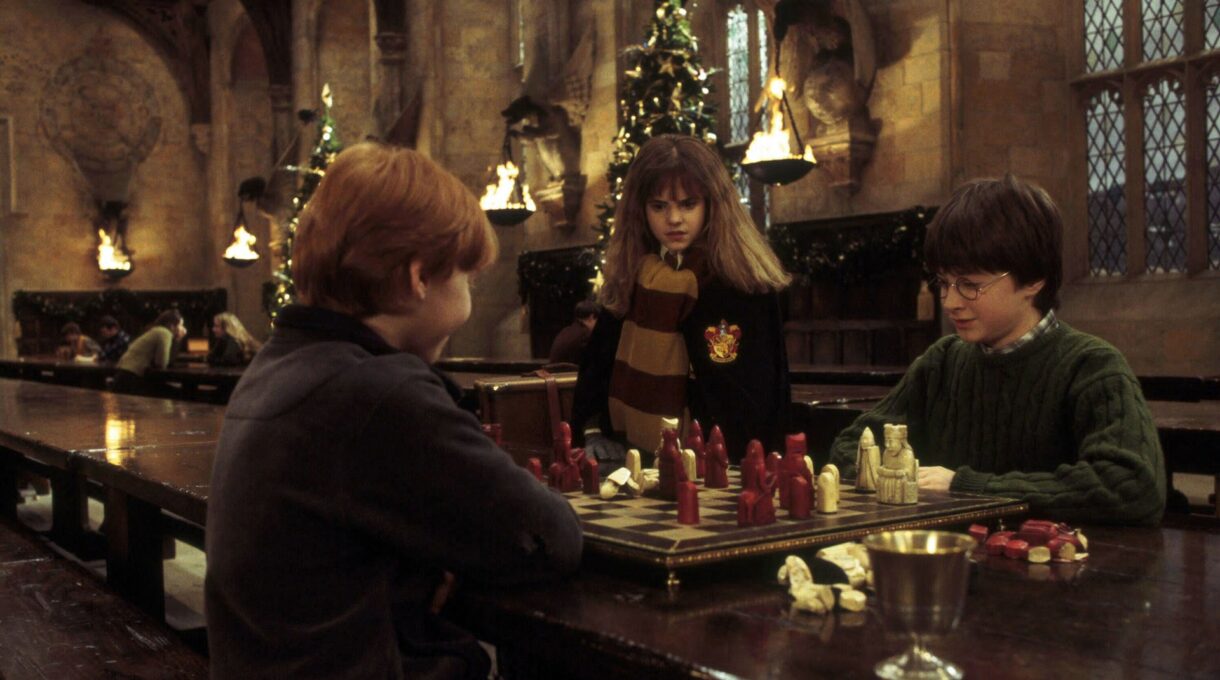Hogwarts School of Witchcraft and Wizardry, the famous wizarding school from the Harry Potter series, is divided into four houses: Gryffindor, Slytherin, Hufflepuff, and Ravenclaw. These houses are meant to be a tool for judgment, dividing students into different groups based on their characteristics and abilities. However, there are arguments both for and against the use of Hogwarts houses as a tool for judgment.
Pro: Houses Provide a Sense of Community
One argument in favor of Hogwarts houses is that they provide a sense of community for students. Each house has its own values and traditions, and being a member of a particular house allows students to feel a sense of belonging and pride in their house. This can be especially helpful for students who may feel out of place or isolated in a new environment like Hogwarts.
Contra: Houses Can Foster Stereotypes and Discrimination
On the other hand, there are arguments against the use of Hogwarts houses as a tool for judgment. One of the main criticisms is that the houses can foster stereotypes and discrimination. For example, Slytherin is often associated with cunning and ambition, while Hufflepuff is often associated with hard work and loyalty. These associations can lead to students being judged and treated differently based on their house, rather than on their individual characteristics and abilities.
Pro: Houses Encourage Personal Growth and Development
However, it is also possible to argue that Hogwarts houses can encourage personal growth and development. Each house has its own unique values and characteristics, and being a member of a particular house can inspire students to embody these values and strive to become their best selves. For example, being a member of Gryffindor might encourage a student to be brave and courageous, while being a member of Ravenclaw might inspire a student to value knowledge and learning.
Contra: Houses Can Create a Divisive Culture
On the other hand, some argue that Hogwarts houses can create a divisive culture within the school. Students may feel pressure to conform to the expectations of their house and may be less likely to interact with students from other houses. This can lead to students feeling isolated and disconnected from the wider Hogwarts community.
Pro: Houses Can Reflect Personalities and Preferences
Despite these criticisms, it is also possible to argue that Hogwarts houses can reflect personalities and preferences. The sorting hat, which assigns students to their houses, takes into account each student’s characteristics and abilities when deciding which house they belong in. This means that students are likely to feel a strong connection to their house and may find that their house aligns with their personal values and interests.
